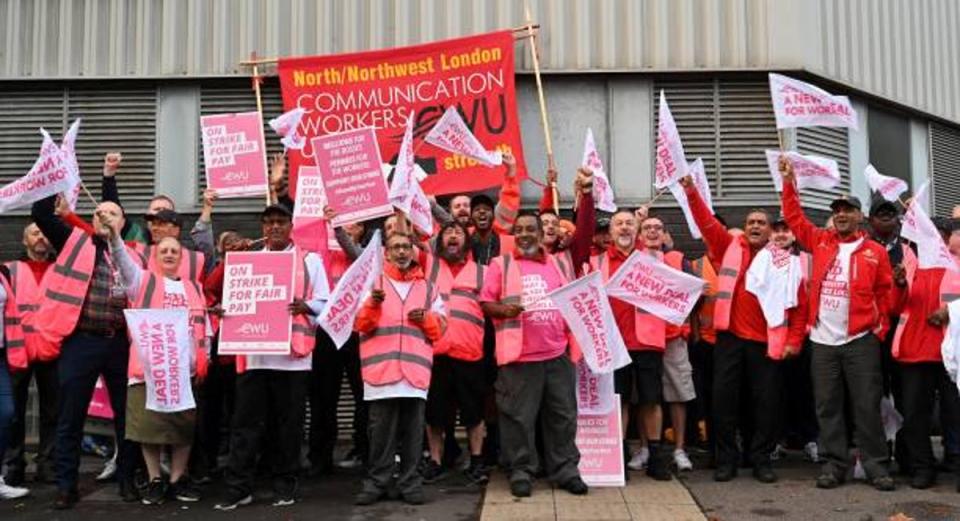Over half of workers feel ‘underpaid’ as pressure mounts on employers

More than half of British workers believe they are being underpaid as the cost of living crisis bites, with a rising number turning to their employers for help.
New research by recruitment firm Indeed reveals that 52 per cent of employees believe they aren’t paid enough, prompting one in five (22 per cent) to either ask for a raise or to seek a new job.
With inflation hitting 40-year highs in the UK, the weakening pound pushing the price of imported goods up, and rising interest rates adding pressure to those seeking a mortgage, household finances are coming under extreme pressure.
Indeed’s survey of 2,500 workers found that staff within the health and medical industry were most likely to feel underpaid (64 per cent), even after a 3 per cent pay rise for NHS staff that was announced in July.
Those in hospitality and leisure (61 per cent) and legal (58 per cent) were the next most likely cohorts to feel that their salaries are insufficient.
This strain has prompted 13 per cent of workers to ask for a pay rise and 9 per cent to apply for new jobs.
Of those that sought a rise, 61 per cent either received less than they requested or received no raise at all, while women were more likely to be refused a raise (38 per cent) compared to men (29 per cent).
Indeed’s research also found that more than three-quarters (76 per cent) of workers believed their employer should provide some level of support to staff to help them manage the cost of living crisis.
The data from the recruiter comes as research by employment consultant Arctic Shores suggests that employers could lose £38 billion in unfulfilled growth every year because they can’t fill vacancies.
Data from the Office for National Statistics released this month showed that the number of jobs in the UK had risen to a record 35.8 million in June, meaning more firms are trying to fill key positions.
Matt Burney, senior talent strategy advisor at Indeed, said while pay remains the most important driver for workers, “many feel underpaid”.
“This perception could worsen as high inflation continues to eat into people’s earnings and as the macroeconomic situation appears less certain,” he said.
“Against this backdrop, many workers are looking to their employers for support to help weather the gloomy outlook, but bosses can only go so far with pay before needing to reach for other levers to attract and retain workers.”
He added this was “increasingly difficult in what is the tightest labour market on record”.
Elsewhere, the survey revealed that the size of business was a major factor in how employees felt about their pay.
Almost two-thirds (65 per cent) of employees at micro-businesses (those with 2-9 employees) did not feel they were paid enough.

 Yahoo Finance
Yahoo Finance 